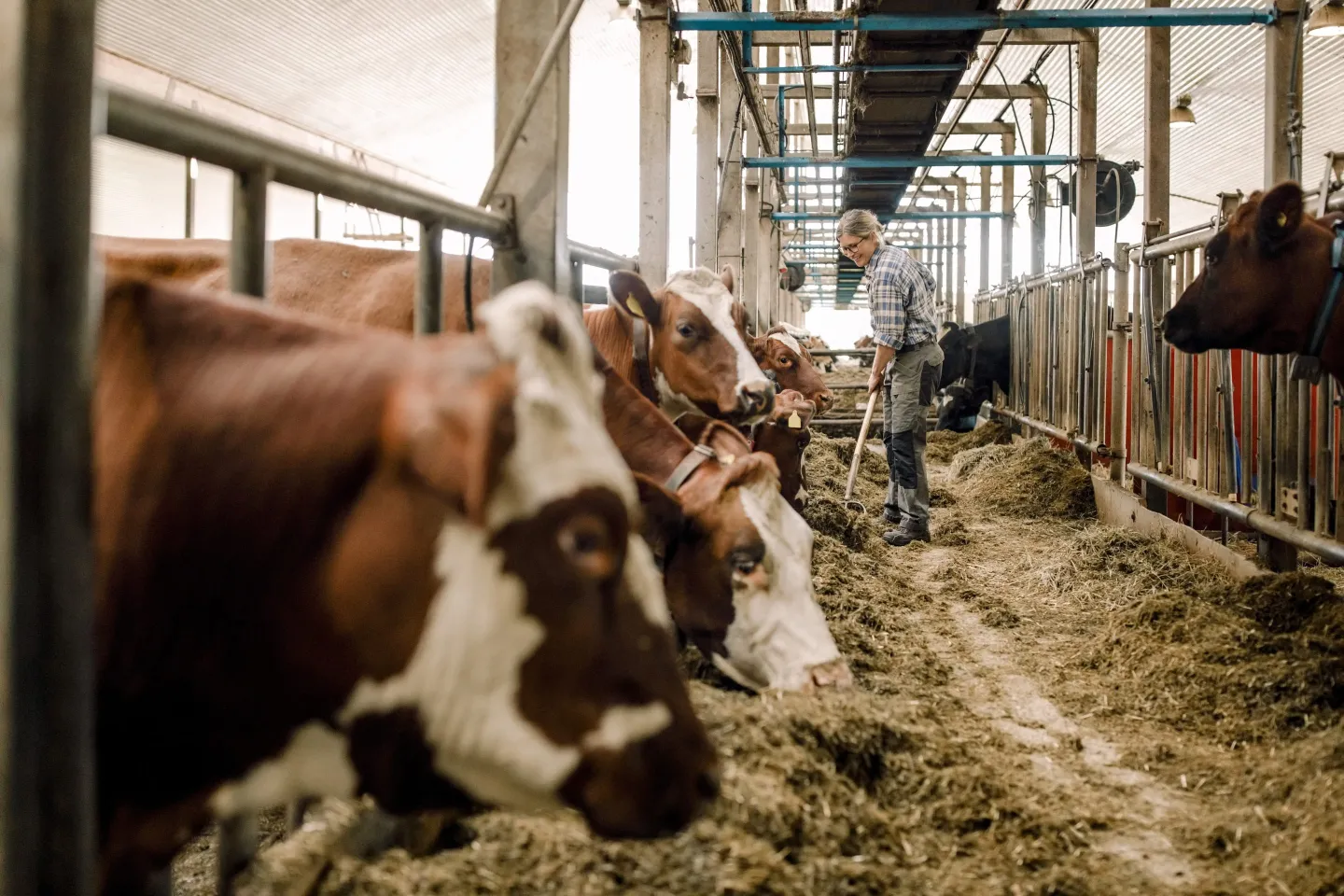In a bold initiative to address global warming and cut down on harmful methane emissions, Denmark has launched the world’s first livestock emissions tax, a groundbreaking effort aimed at one of the largest sources of greenhouse gases: cows. This innovative policy seeks to confront the climate crisis directly by reducing emissions from livestock farming, a significant contributor to global warming.
Why Are Denmark’s Cows Being Taxed?
The new tax, which specifically targets livestock emissions, particularly the methane produced by cows, represents a pioneering move in Denmark’s broader environmental strategy to lessen the nation’s carbon footprint. Methane, a powerful greenhouse gas, is generated by cows during their digestive process. Although methane emissions from cows have long been acknowledged as a serious environmental issue, Denmark is the first country to implement a tax specifically designed to mitigate these emissions.
Experts note that methane is 25 times more effective than carbon dioxide at trapping heat in the atmosphere, making it a vital focus in the battle against climate change. This tax is part of a wider array of initiatives under Denmark’s climate action plan, which has received praise for its ambitious goals to lower national emissions and serve as a model for other nations.
How Does the Tax Work?
Denmark’s livestock tax functions by charging farmers fees based on the methane emissions produced by their cattle. While the specific rate is still being finalized, the tax will primarily target large-scale livestock operations, motivating them to adopt more sustainable farming practices and explore alternative methods for reducing methane emissions.
Farmers will be encouraged to innovate by utilizing advanced technologies that lower methane emissions from cows. Some potential solutions include feed additives that modify the cows’ digestive processes, cutting-edge waste management systems, and even methane capture technologies that can directly reduce emissions from livestock facilities.
What Does This Mean for Global Efforts to Combat Climate Change?
Denmark’s decision to tax livestock emissions is not just a significant domestic policy; it could also transform the global landscape. With the United Nations calling on nations to take decisive action against the climate crisis, Denmark’s approach may serve as a blueprint for other countries facing the environmental challenges posed by agriculture.
As methane emissions continue to escalate worldwide due to the growth of livestock farming, Denmark’s livestock tax marks a pioneering step in climate policy. It highlights the urgent need for creative solutions to address the environmental impacts of farming while maintaining food production systems.
This initiative has already ignited discussions about finding the right balance between environmental stewardship and the economic implications for farmers. Some critics contend that the tax could impose excessive financial burdens on small farms, while others argue it could encourage the adoption of sustainable practices that ultimately benefit both the environment and the agricultural sector in the long term.
The Future of Sustainable Agriculture: A Global Perspective
Although Denmark is the first to introduce this livestock emissions tax, the idea is likely to motivate other countries with significant agricultural sectors to consider similar measures. In nations like the United States and Brazil, where livestock farming is a major source of emissions, the Danish model could lead to important global policy shifts.
To effectively reduce methane emissions on a broader scale, innovative farming methods, government incentives, and international collaboration will be crucial. The success of Denmark’s tax could represent a vital advancement toward achieving global sustainability objectives, with agriculture playing a pivotal role in combating climate change.
Denmark’s initiative to tax livestock and curb methane emissions presents an ambitious vision for the future of sustainable agriculture.





